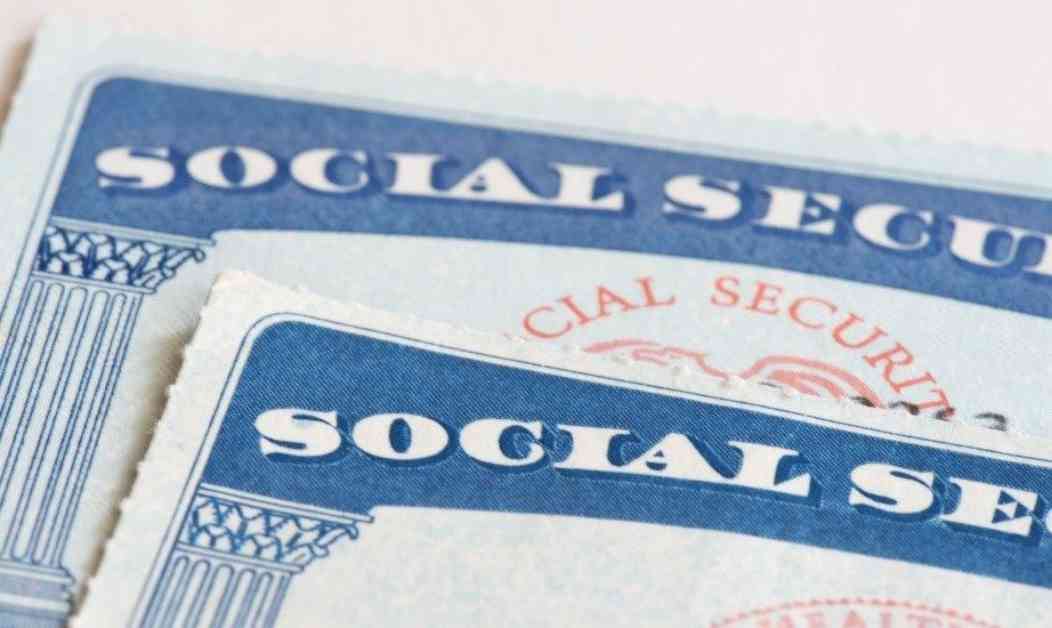National Public Data (NPD), a company that sources personally identifiable data from public and court records to provide online background checks and fraud prevention services, recently confirmed a massive data breach involving 2.9 billion records dating back at least three decades. The breach, which occurred in April, exposed millions of Social Security numbers (SSNs) as well as other personal information such as names, email addresses, and phone numbers. The stolen information was reportedly put up for sale for $3.5 million by the cybercriminal group USDoD on the dark web.
The implications of such a data breach are significant, as leaked Social Security numbers can be misused by threat actors to file fake tax returns, make investments, or apply for loans and credit cards in the victims’ names. This can lead to unforeseen tax liabilities or outstanding debt in the victims’ credit profiles. Additionally, a poor credit score resulting from identity theft can impact one’s ability to secure loans, low-premium insurance policies, rent an apartment, or even secure a job.
Identity theft cases are on the rise in the United States, with cybercriminals employing increasingly sophisticated methods, including synthetic identity theft tactics, to steal personal information for financial fraud. The Federal Trade Commission (FTC) disclosed that over half a million identity theft cases were reported in the first half of this year, with credit card fraud being the most prevalent type.
Steps to Protect Your Personal Information
In light of the data breach, it is crucial for individuals to take proactive steps to protect their personal information. Cybersecurity company Pentester.com has developed a tool that allows users to instantly check whether their SSN, date of birth, or other personal information was involved in the breach. Co-founder Richard Glaser emphasized the importance of placing a credit freeze on credit reports with bureaus like TransUnion or Equifax to prevent misuse of SSNs. While SSNs typically do not change, the Social Security Administration may issue a new SSN in cases where the current one has been misused despite preventive measures.
NPD advises consumers to monitor their financial accounts and credit reports for any unauthorized activity. Platforms like Credit Sesame enable users to check their credit score and set up fraud alerts for free. While a fraud alert can help report suspicious loan inquiries or account entries, WalletHub CEO Odysseas Papadimitriou recommends a credit freeze as a more effective measure to prevent identity theft. He highlights that a credit freeze stops fraud by preventing identity thieves from opening accounts in the victim’s name.
Important Considerations Before Freezing Your Credit Profile
A credit freeze prevents identity theft attempts by restricting credit reporting agencies from sharing credit report data with lenders or individuals requesting the information. This prevents new credit accounts from being opened in the victim’s name. The credit freeze service is free and does not impact credit scores, but individuals must contact each reporting agency individually to issue or lift a freeze. It is essential to plan ahead and request a temporary lift on the freeze when opening new credit accounts.
As the prevalence of data breaches and identity theft continues to rise, it is crucial for individuals to remain vigilant and take proactive steps to protect their personal information. By staying informed and implementing security measures like credit freezes and monitoring financial accounts, individuals can safeguard themselves against the repercussions of data breaches and identity theft.













